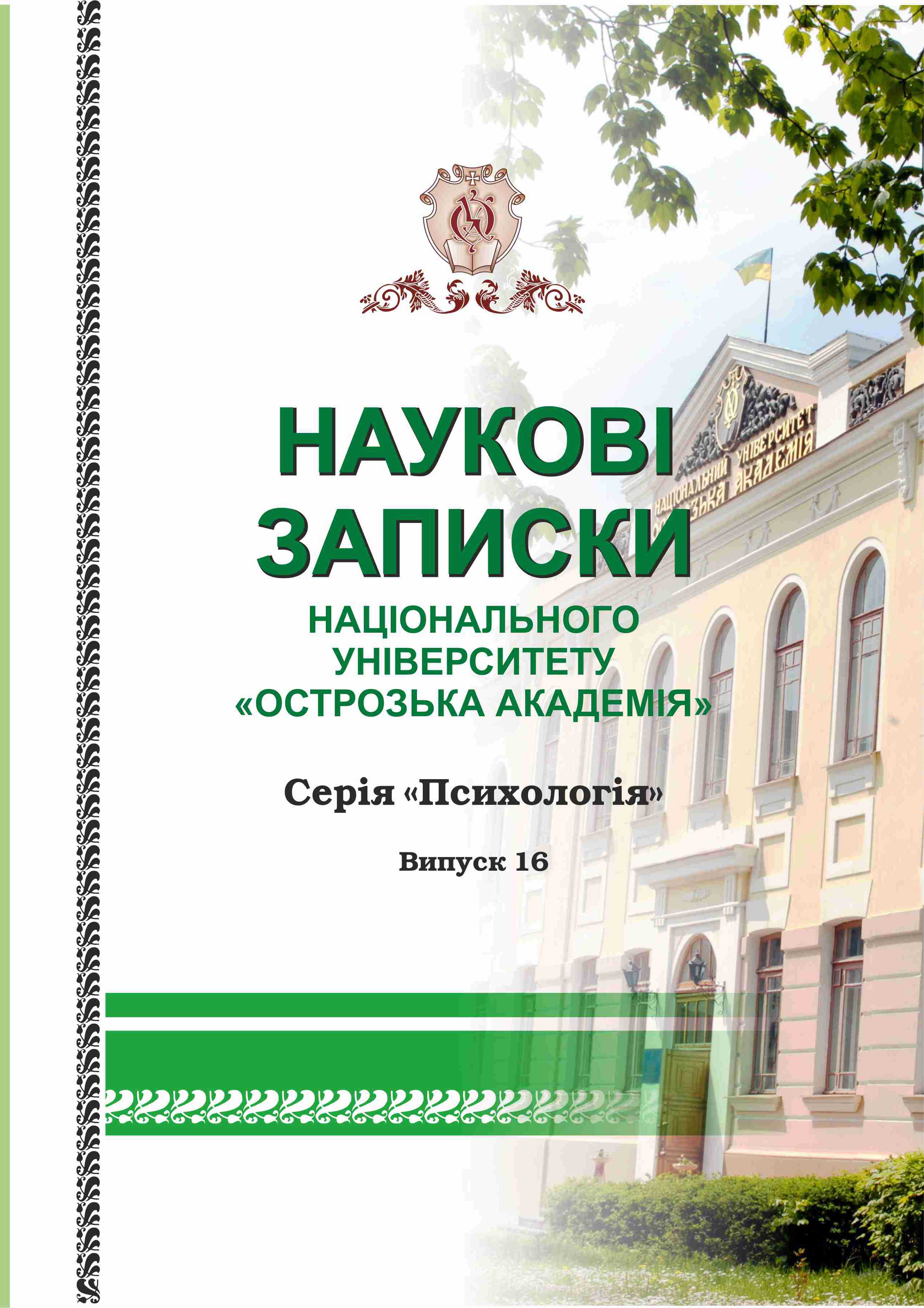THE “SUB-SENSE” CONCEPT IN THE LOGOTHERAPY OF GRIEF AND TORMENT OF CONSCIENCE
Keywords:
grief of loss (death), torment of conscience, logotherapy, rational argumentation of ‘sub-sense’/ faith in God, possibility of existence / existence of possibility, emotion of sacrificial love (agape)Abstract
The article presents results of the study of the ‘sub-sense’ concept in the logotherapy of grief and torment of conscience.
To overcome the frustration of the grief of loss (death) and torment of conscience caused by the irretrievably lost opportunity to manifest sincere love for the deceased, the subject can accept the ‘sub-sense’ – faith in God, which gives hope of the existence of the possibility of meeting the dear deceased ‘there’. This applies to both agnostics and atheists. Faith itself protects sincere believers from such frustration. If an agnostic, overwhelmed by such frustration, mistrusts priests, then a psychotherapist can and must draw him to the Super-Meaning, just like an atheist. He should offer such a person rationally balanced arguments regarding the quite possible existence of the Supernatural World, whose personified subjects (God, angels, saints) ‘patronize’ our earthly world from the positions of love for it and care for it, which gives a high meaning to the existence of humanity and of every person, and thus gives optimistic hope for a happy end to earthly suffering, including a meeting ‘there’ with the dead. These arguments are based on those facts, the latest scientific discoveries, which testify in favour of the possibility of the existence of such a supernatural world. The frustration of the grief of loss and torment of conscience are conducive to the subject’s acceptance of such arguments because they correspond to his urgent need to relieve his oppressive burden.
Frustration of torment of conscience, similar to frustration of grief of loss, is due to irreversible loss – there is no hope of nullifying the evil for which the subject is tormented by his conscience, because it was committed in the past, and the past cannot be returned or changed. However, sincere remorse, which is the main content and meaning of these torments, psychologically separates the subject from their cause – the evil he committed – through his authentic personal identification with high spiritual and moral values (goodness) in the process of correlating them with the evil caused, which at the same time is the development of his morality. Reborn in this way, the subject’s soul seeks to effectively atone for the evil he committed – to create the good. Therefore, a psychotherapist should help a person who is tormented by conscience to choose not self-punishment by self-destruction, but sincere atonement for the evil he caused by charity, first and foremost, directly or indirectly, in relation to those persons who suffered from this evil. The key event in the psychological dynamics of such a choice is the repulsion of altruistic love and care, and thus, the filling of the subject’s soul with the bright energy of affection with the power of responsibility, care, and sacrifice. If this happens at the same time as a sincere agreement with a rational argumentation of the possibility of the existence of the Transcendent, in which meetings with deceased dear people are possible, the frustration of the grief of loss and torment of conscience are significantly weakened. That is, the motivational-dynamic complex of faith-hope-love, based on an authentically personal acceptance of ‘sub-sense’, causes a tangible and permanent psychotherapeutic effect here and now. Belief in ‘sub-sense’ is extremely valuable in terms of psycho-hygiene, psycho-correction, psychotherapy, because it sets up optimistic hope and true love that heals the human psyche. And this is a guarantee of the effectiveness of its application in logotherapy of all manifestations of ‘existential despair’.
Faith in God acquires enormous spiritual power if its subject has experienced the grace of conversion, the superpowerful peak of which is religious ecstasy. Unfortunately, it is impossible to acquire such a grace by mental and wilful efforts. But even the so-called rational, ‘only by reason’ belief in God can be a reliable basis for subjective self-defence against the frustrations of hopelessness, hopelessness, grief at losses, torment of conscience, etc.


